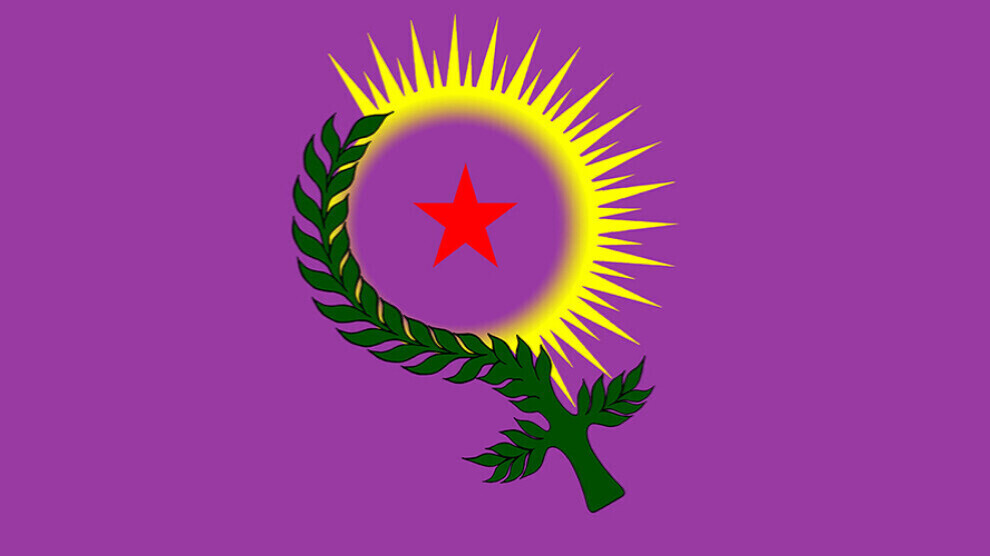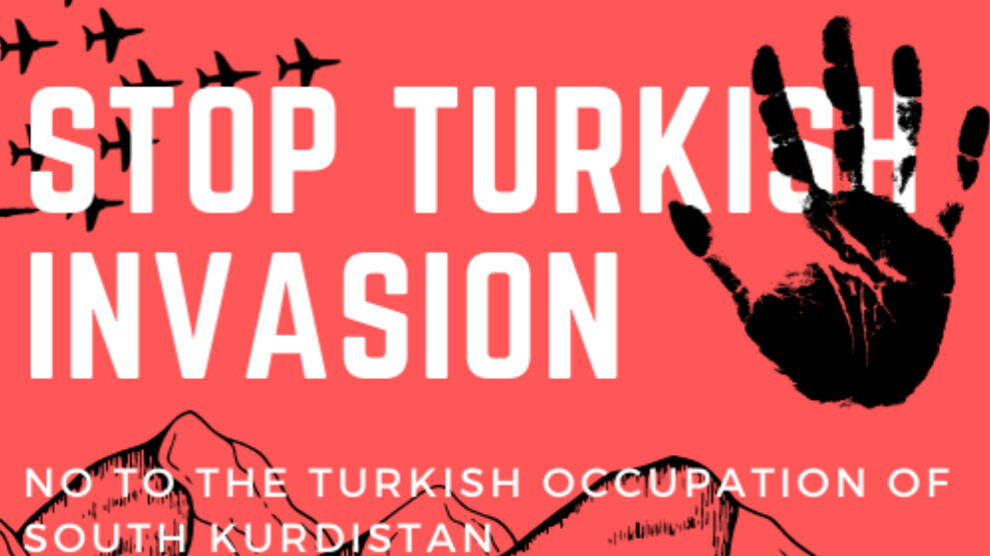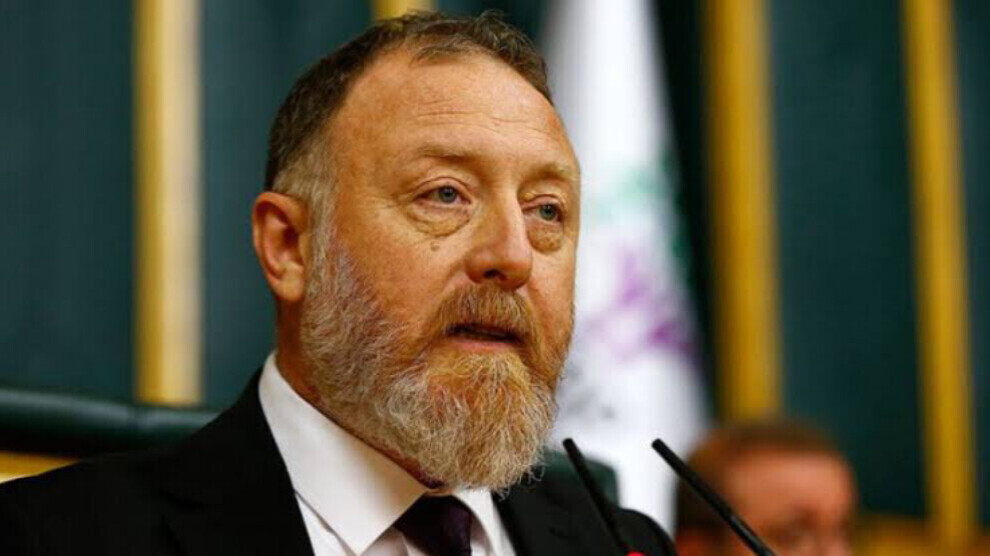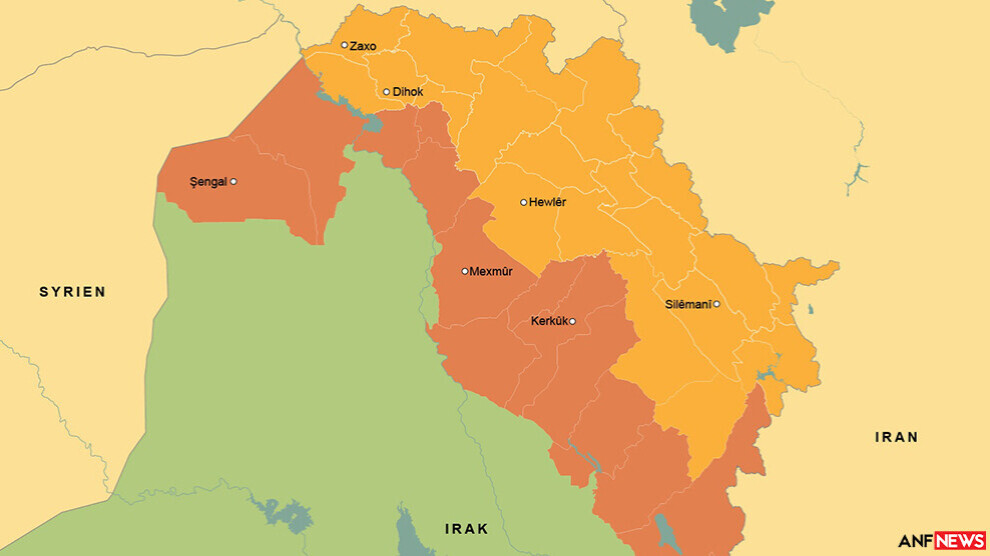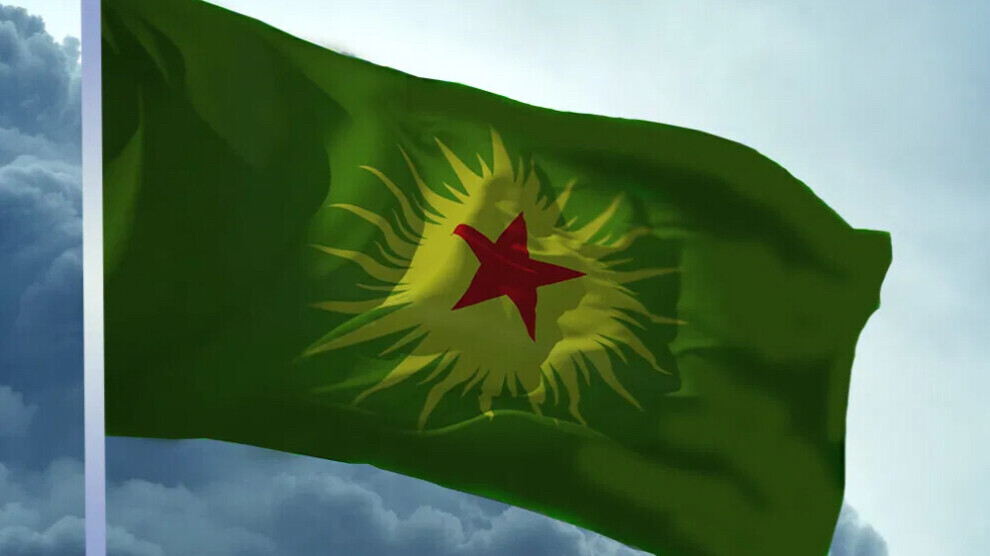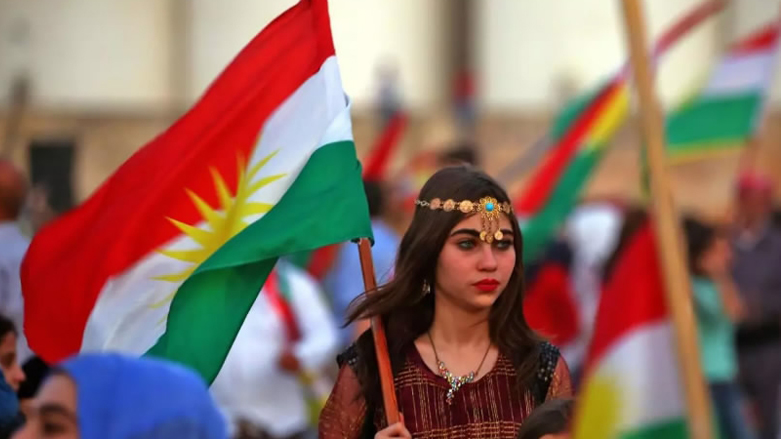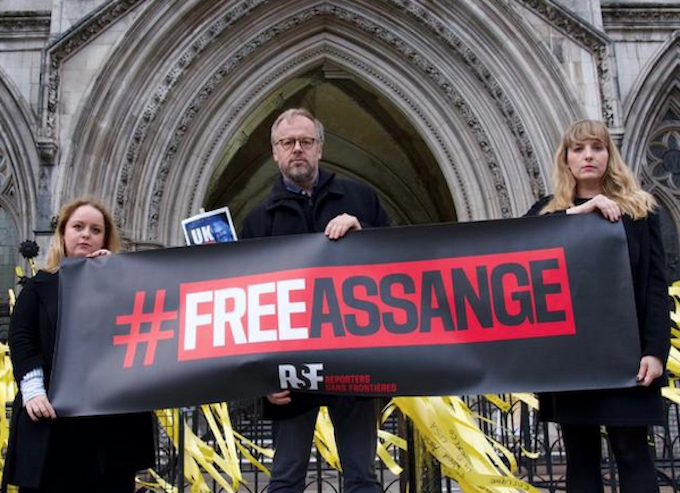
Reporters Without Borders ... a new petition to free WikiLeaks founder Julian Assange. Image: RSF
Pacific Media Watch newsdesk
Following a district court order referring the extradition of WikiLeaks founder Julian Assange back to the United Kingdom’s Home Office, Reporters Without Borders (RSF) has launched a new petition calling on Home Secretary Priti Patel to reject Assange’s extradition to the United States.
RSF urges supporters to join the call on the Home Secretary to #FreeAssange by signing and sharing the petition before May 18.
On April 20, the Westminster Magistrates’ Court issued an order referring Julian Assange’s extradition back to the Home Office, reports RSF.
Following a four-week period that will now be given to the defence for representations, Home Secretary Priti Patel must approve or reject the US government’s extradition request.
As Assange’s fate has again become a political decision, RSF has launched a new #FreeAssange petition, urging supporters to sign before May 18 to call on the Home Secretary to protect journalism and press freedom by rejecting Assange’s extradition to the US and ensuring his release without further delay.
“The next four weeks will prove crucial in the fight to block extradition and secure the release of Julian Assange,” said RSF’s director of operations and campaigns Rebecca Vincent, who monitored proceedings on RSF’s behalf.
“Through this petition, we are seeking to unite those who care about journalism and press freedom to hold the UK government to account.
“The Home Secretary must act now to protect journalism and adhere to the UK’s commitment to media freedom by rejecting the extradition order and releasing Assange.”
Patel’s predecessor, former Home Secretary Sajid Javid initially greenlit the extradition request in June 2019, initiating more than two years of proceedings in UK courts.
This resulted in a district court decision barring extradition on mental health grounds in January 2021; a High Court ruling overturning that ruling in December 2021; and finally, refusal by the Supreme Court to consider the case in March 2022.
RSF’s prior petition calling on the UK government not to comply with the US extradition request gathered more than 90,000 signatures (108,000 including additional signatures on a German version of the petition), and was delivered to Downing Street, the Home Office, the Ministry of Justice, and the Foreign and Commonwealth Office ahead of the historic first-instance decision in the case on 4 January 2021.
The UK is ranked 33rd out of 180 countries in RSF’s 2021 World Press Freedom Index.
Pacific Media Watch collaborates with RSF.
